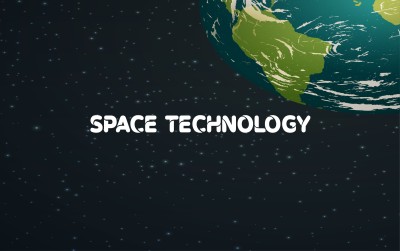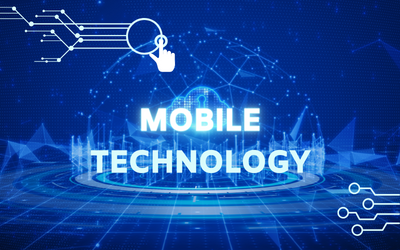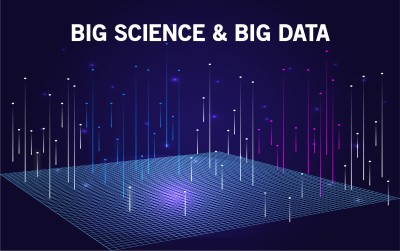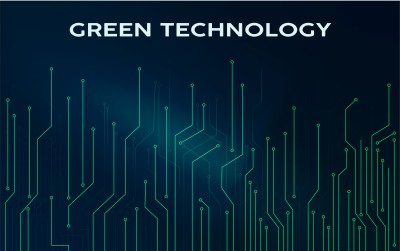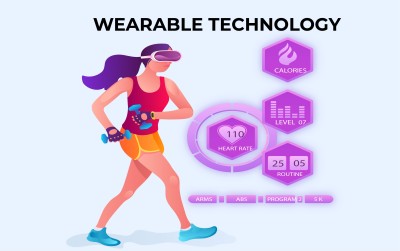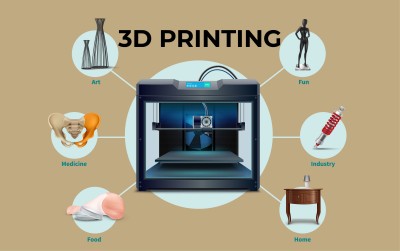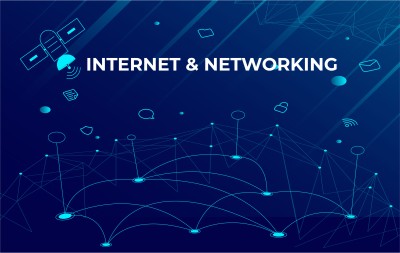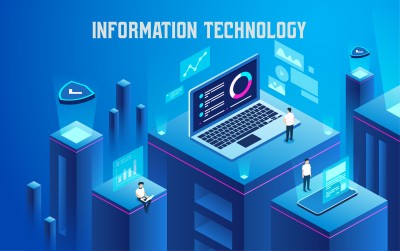Course description
Course Title: Space Technology: Exploring the Cosmos
Course Overview:
Embark on a captivating journey through the cosmos with the "Space Technology: Exploring the Cosmos" course. This comprehensive program is designed to provide participants with a deep understanding of the principles, technologies, and applications driving space exploration. From satellite systems to propulsion technologies and beyond, participants will explore the vast and exciting field of space technology.
**Module 1: Foundations of Space Science**
* Lesson 1.1: Introduction to Space Exploration
- Historical overview and milestones in space exploration.
- Key players and agencies in the global space community.
* Lesson 1.2: Orbital Mechanics and Celestial Navigation
- Fundamentals of orbital dynamics.
- Techniques for navigating and positioning spacecraft in the cosmos.
* Lesson 1.3: Laws of Physics in Space
- Understanding how the laws of physics apply in the unique environment of space.
- Implications for spacecraft design and operation.
**Module 2: Satellite Technology and Applications**
* Lesson 2.1: Satellite Design and Components
- Anatomy of satellites: payloads, communication systems, and power sources.
- Design considerations for different satellite types.
* Lesson 2.2: Earth Observation Satellites
- Applications of satellites in Earth observation, remote sensing, and environmental monitoring.
- Case studies of impactful Earth observation missions.
* Lesson 2.3: Communication Satellites
- The role of satellites in global communication networks.
- Satellite constellations and emerging communication technologies.
**Module 3: Propulsion Systems for Space Travel**
* Lesson 3.1: Rocket Propulsion Basics
- Principles of rocket propulsion and thrust.
- Overview of different rocket types.
* Lesson 3.2: Advanced Propulsion Technologies
- Ion drives, nuclear propulsion, and other cutting-edge propulsion systems.
- Implications for interplanetary and deep space missions.
* Lesson 3.3: Propellant and Fueling Strategies
- Examination of propellant options and fueling considerations.
- Sustainable propulsion and its role in future space exploration.
**Module 4: Space Exploration Missions**
* Lesson 4.1: Robotic Missions
- Overview of robotic missions to planets, moons, and celestial bodies.
- Analysis of mission objectives, challenges, and discoveries.
* Lesson 4.2: Human Spaceflight
- History of human space exploration.
- Current and future human spaceflight missions, including lunar and Mars exploration.
* Lesson 4.3: Space Telescopes and Observatories
- Contributions of space telescopes to astronomical discoveries.
- Design and operation of space-based observatories.
**Module 5: Commercial Space Ventures**
* Lesson 5.1: Rise of Private Space Companies
- Exploration of the commercial space sector and key players.
- Business models and partnerships in the space industry.
* Lesson 5.2: Space Tourism
- Emergence of space tourism and its potential impacts.
- The role of private companies in making space accessible to civilians.
**Module 6: Future Trends and Innovations**
* Lesson 6.1: Next-Generation Space Technologies
- Exploration of upcoming technologies such as advanced materials, artificial intelligence, and robotics.
- Their potential applications in space exploration.
* Lesson 6.2: Interplanetary Exploration
- Concepts and plans for missions to other planets and celestial bodies.
- Challenges and opportunities in interplanetary travel.
* Lesson 6.3: The Space Elevator and Beyond
- Futuristic concepts like the space elevator and their feasibility.
- Speculation on the future of space technology and humanity's role in the cosmos.
**Conclusion:**
This course promises an immersive exploration of space technology, guiding participants through the historical achievements, current advancements, and future possibilities in our quest to understand and navigate the cosmos. Participants will gain a holistic perspective on space technology, preparing them to engage with the ever-evolving field of space exploration.

